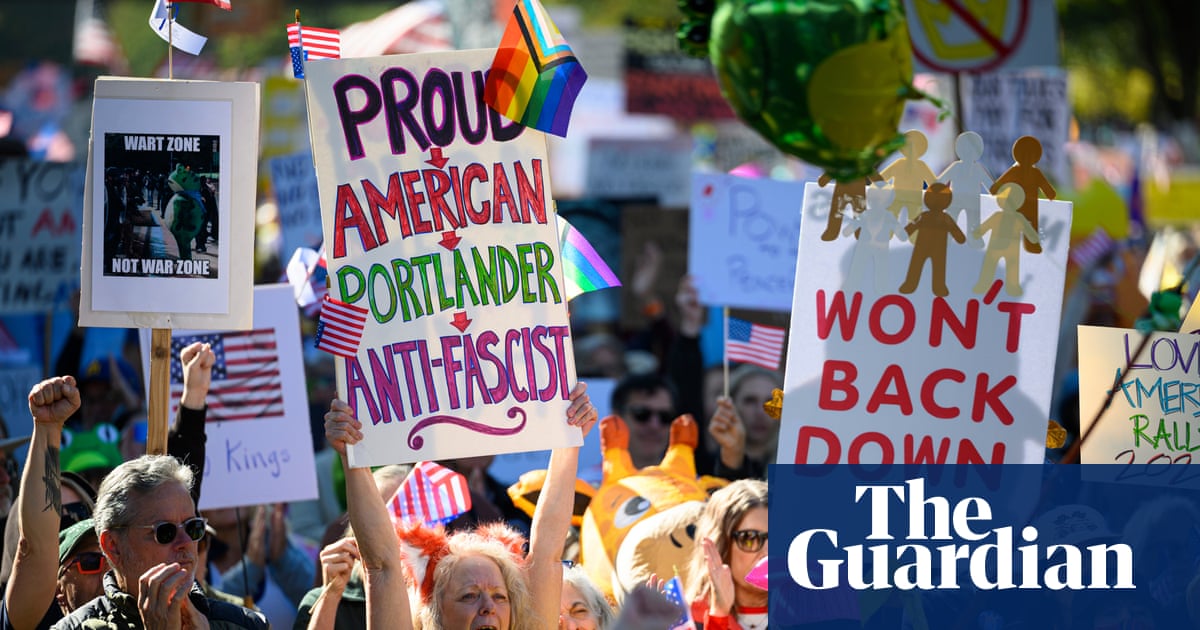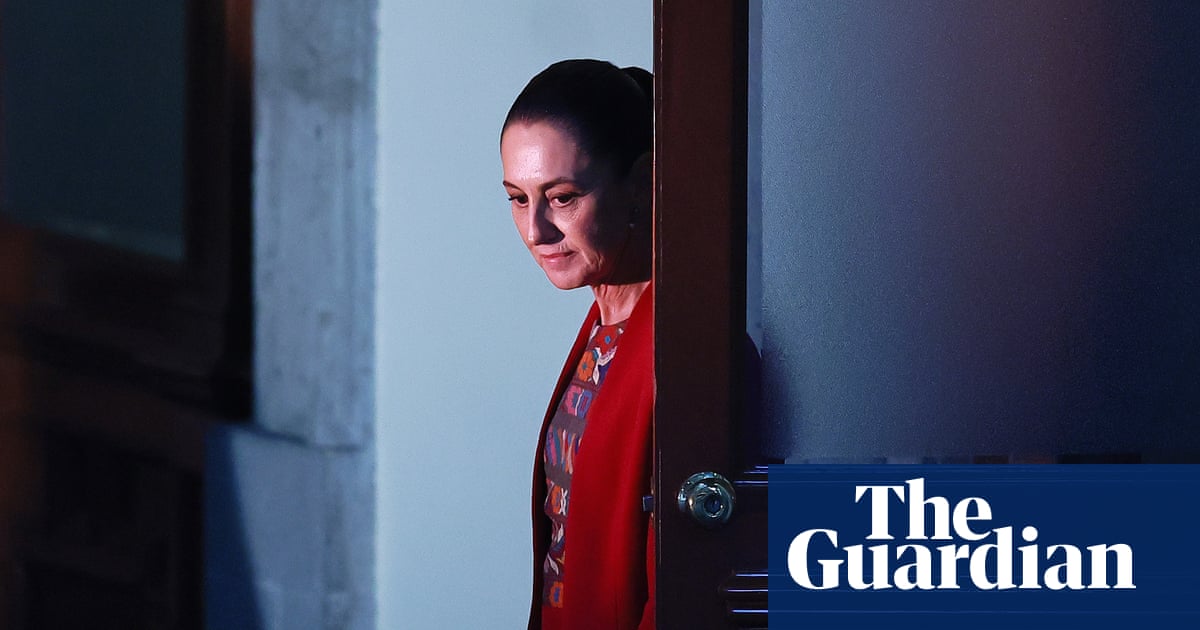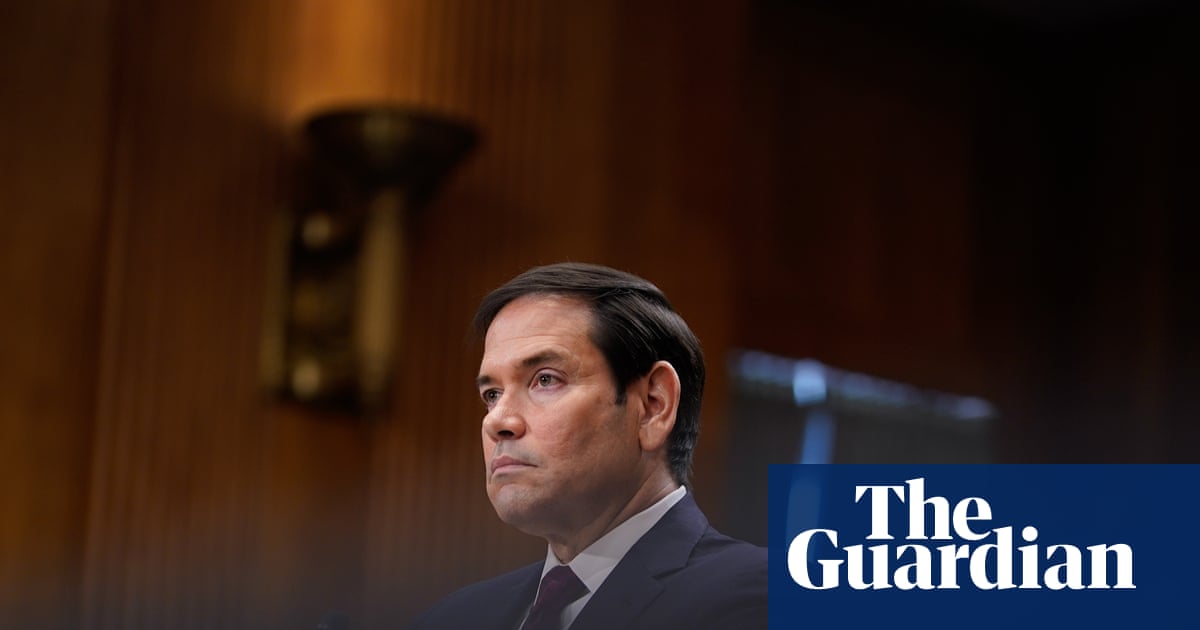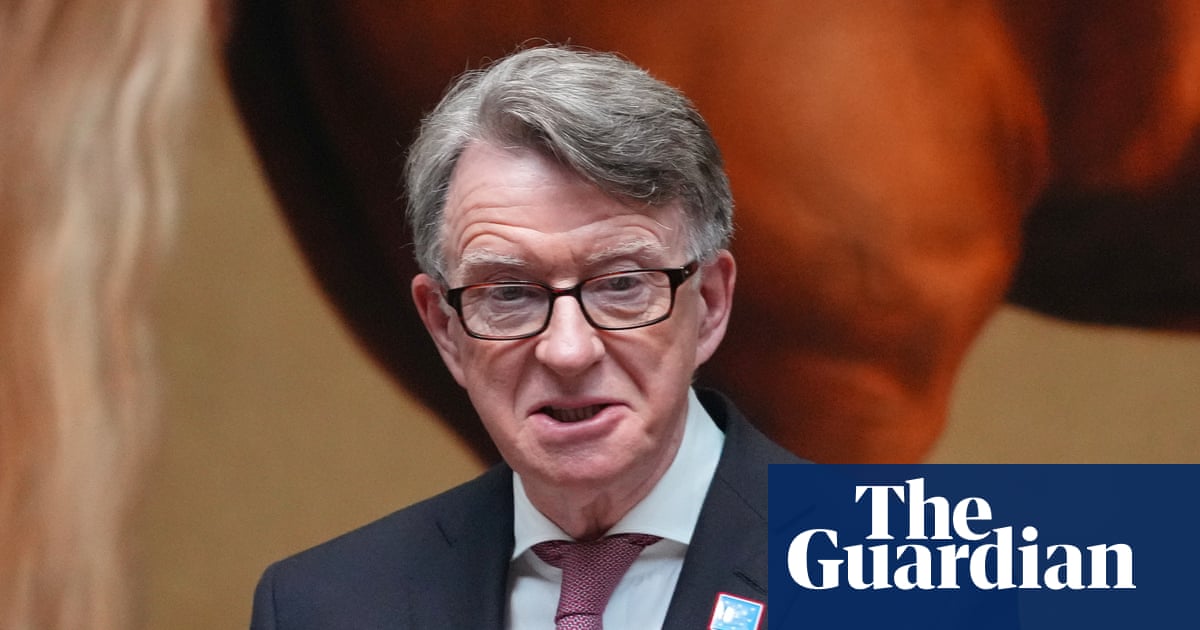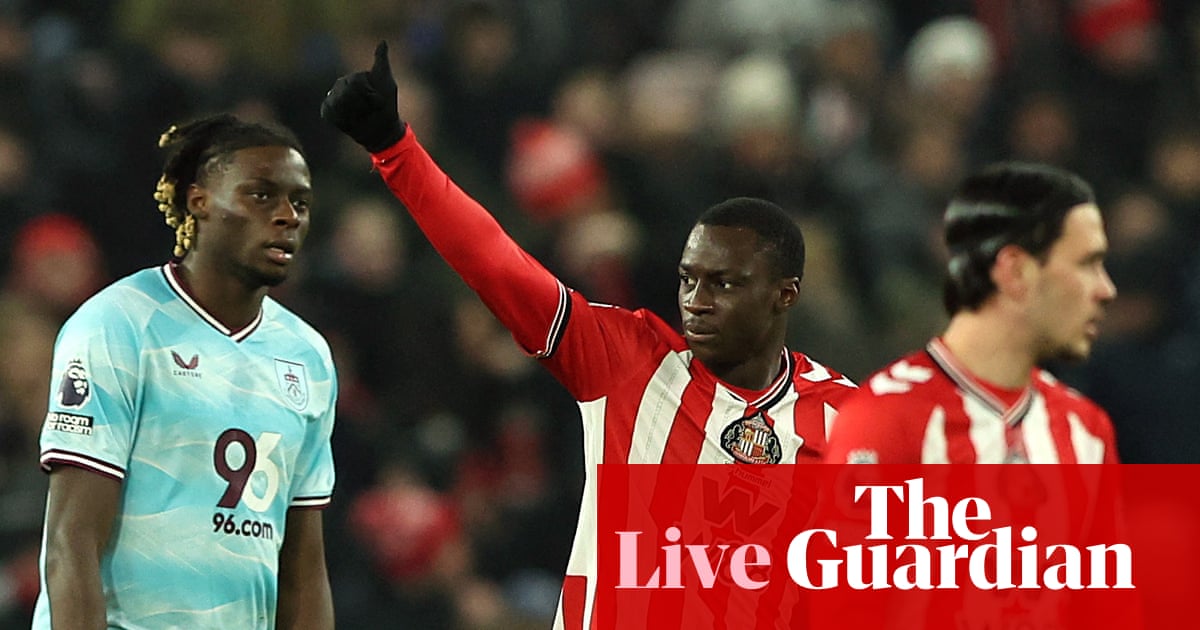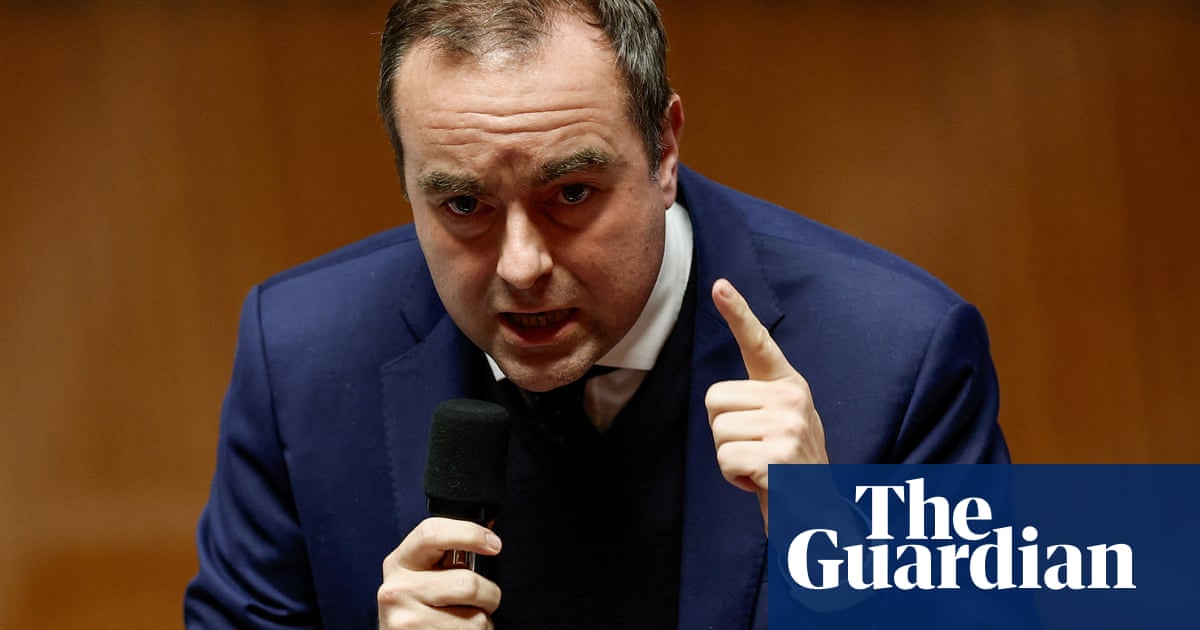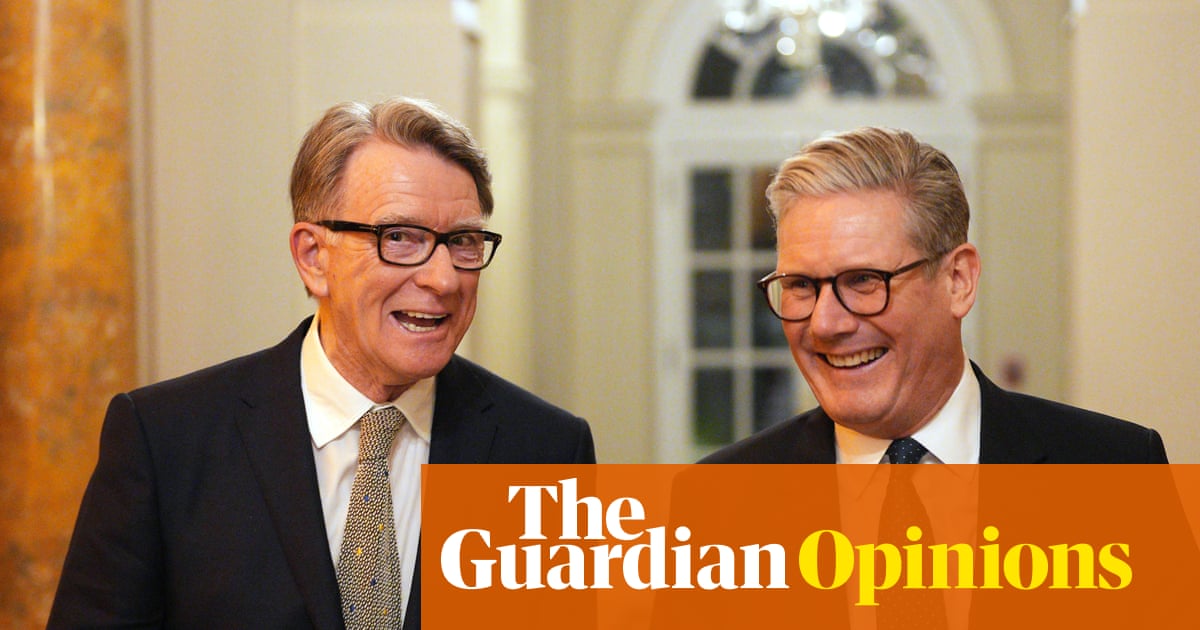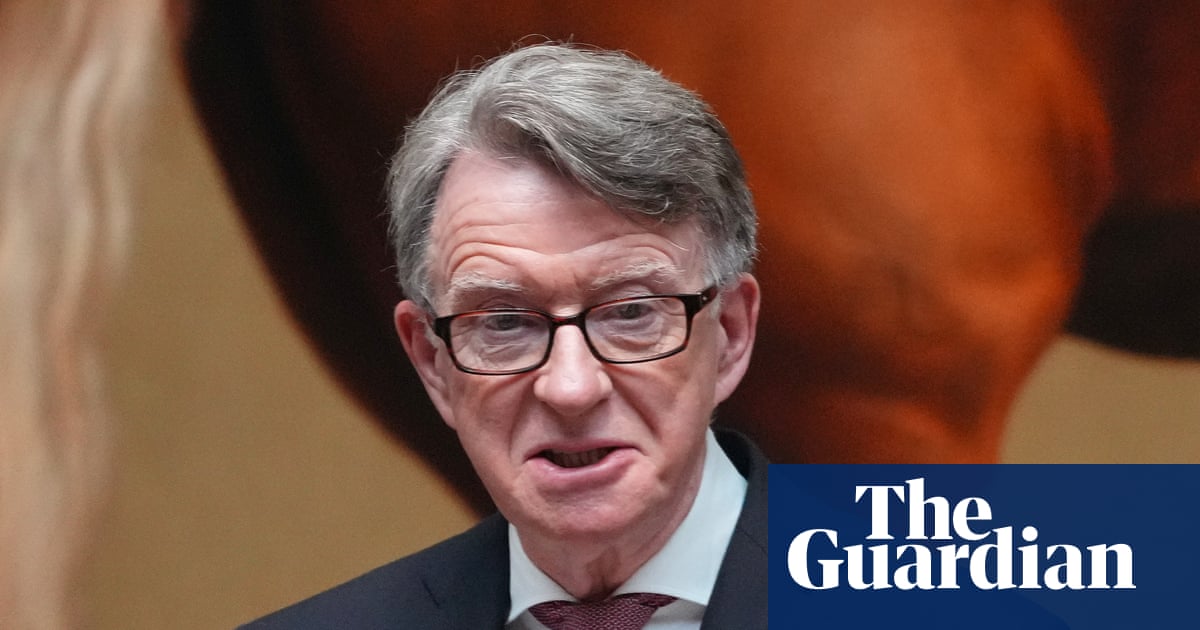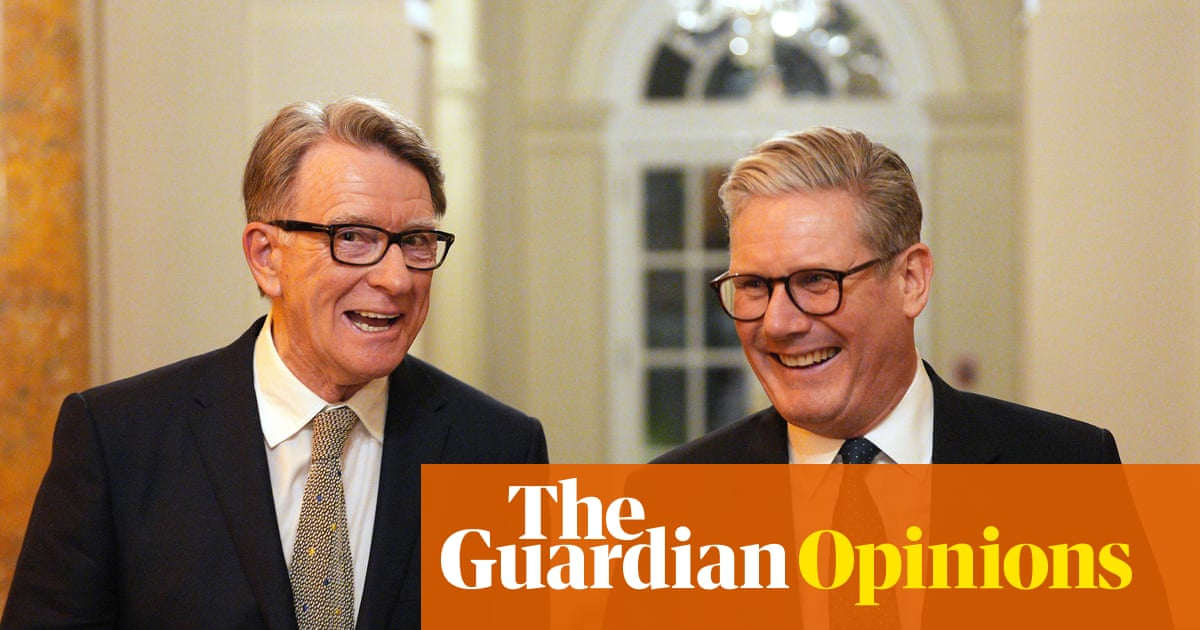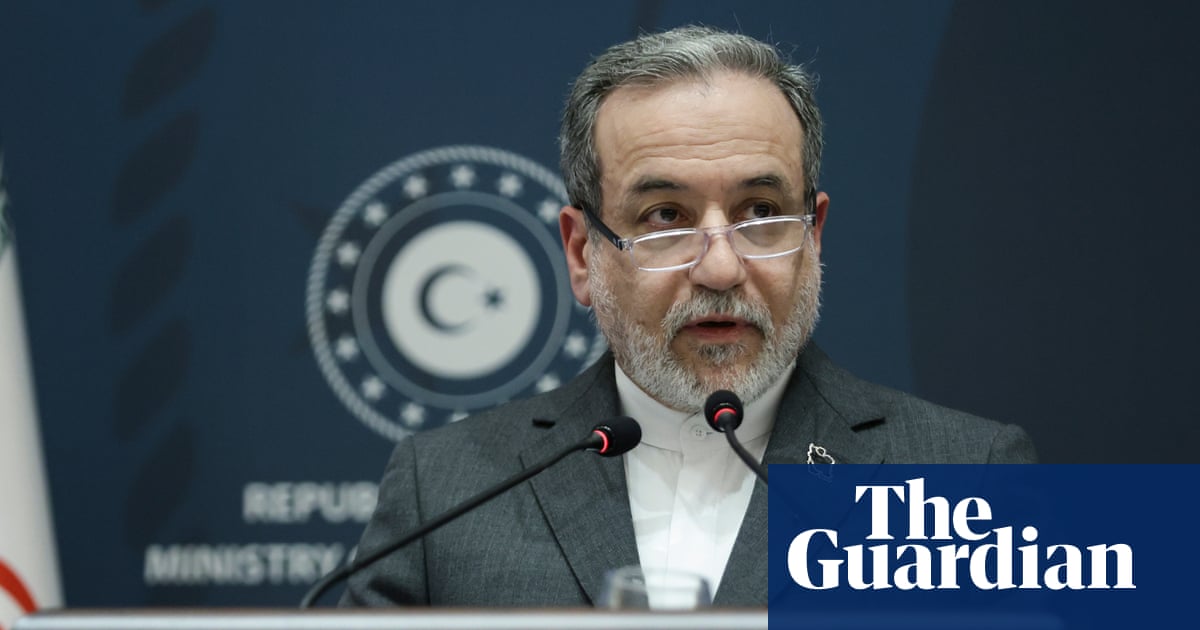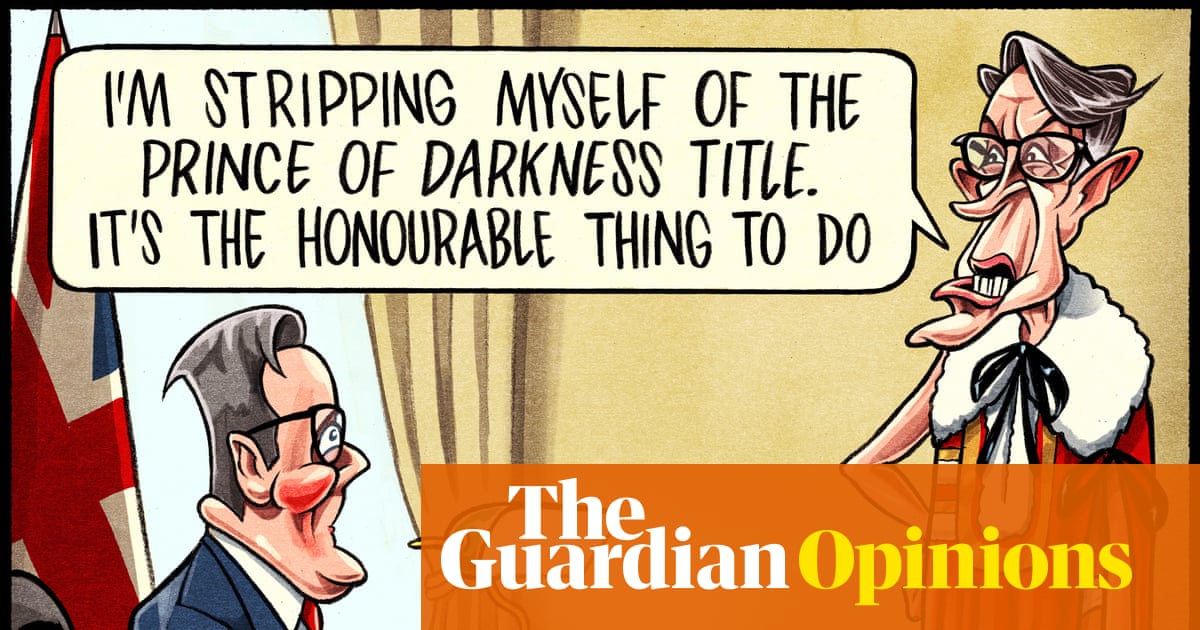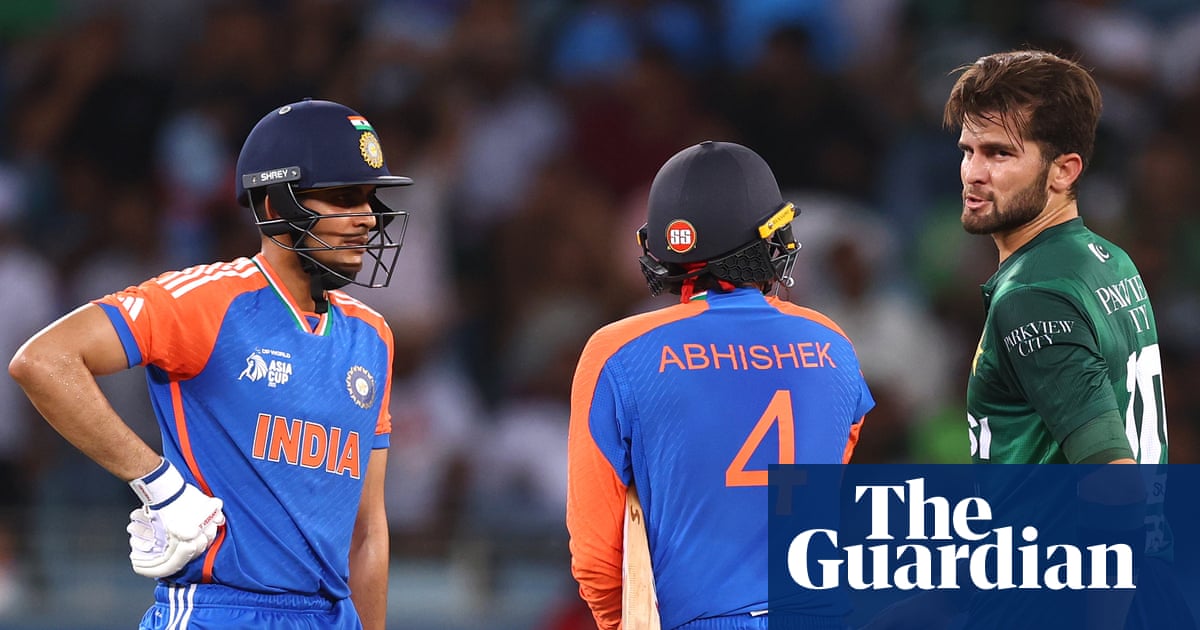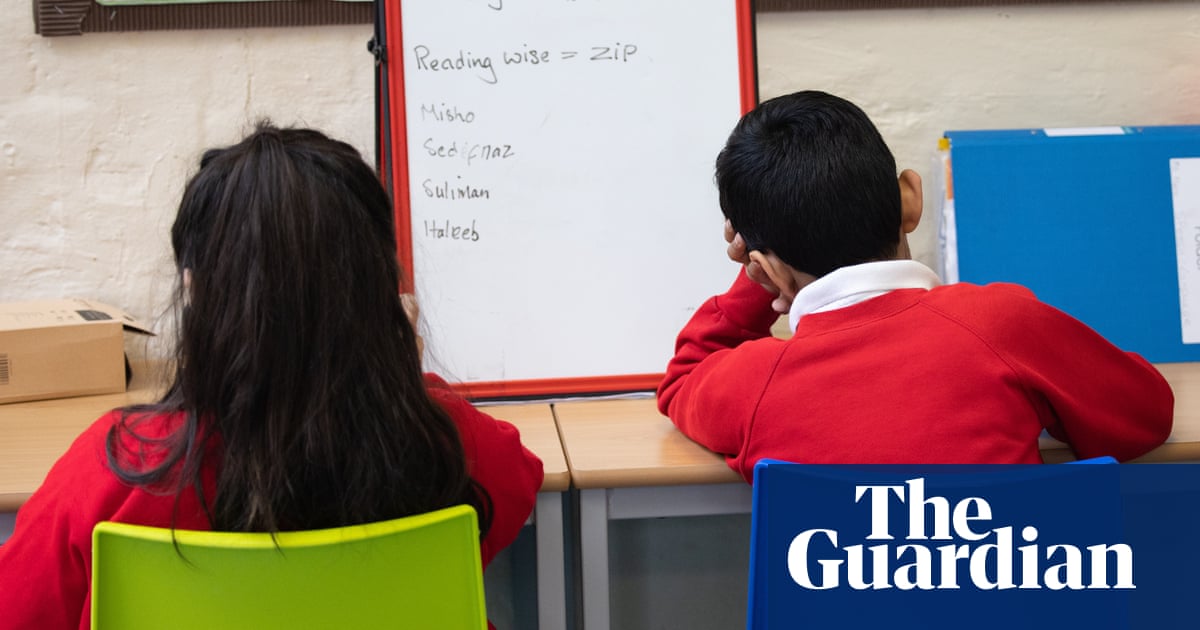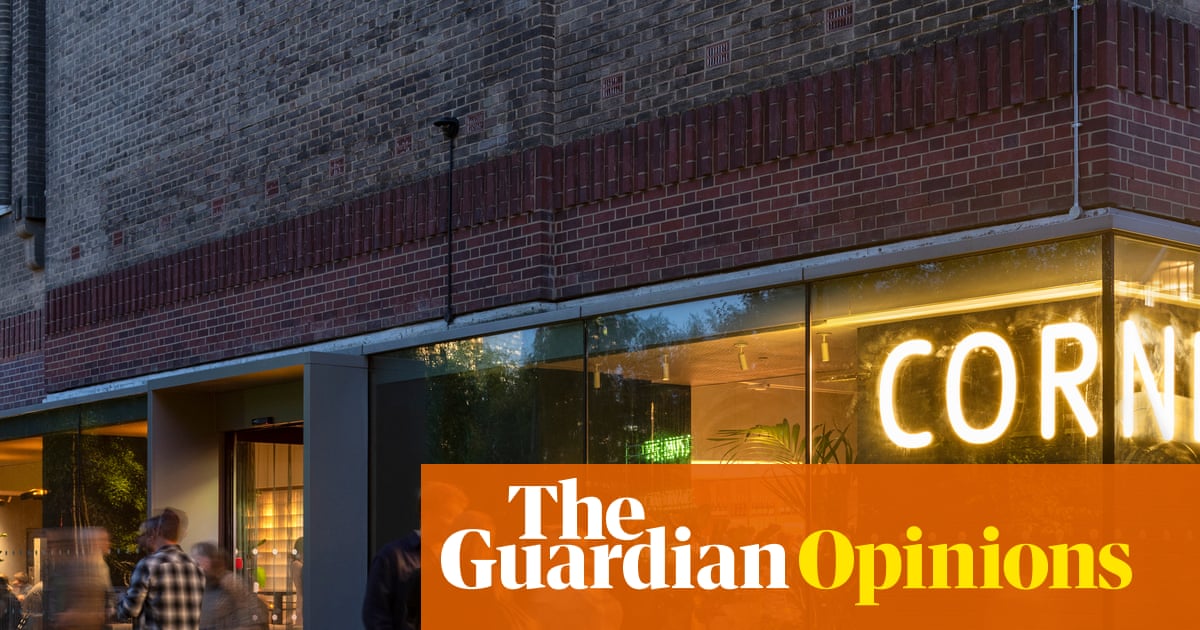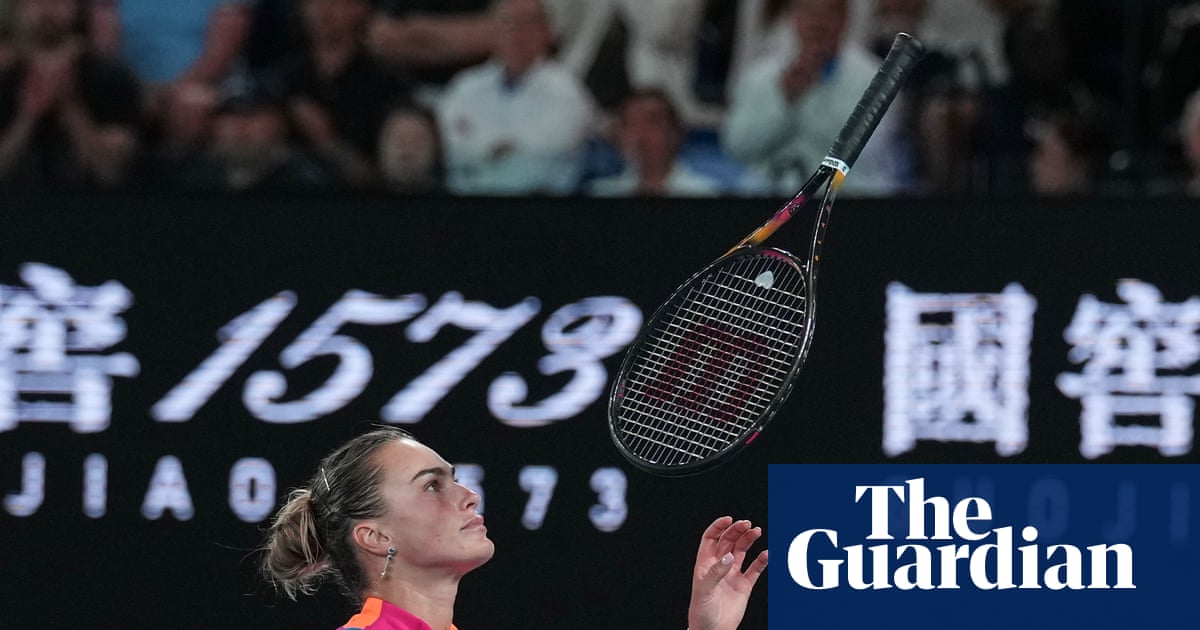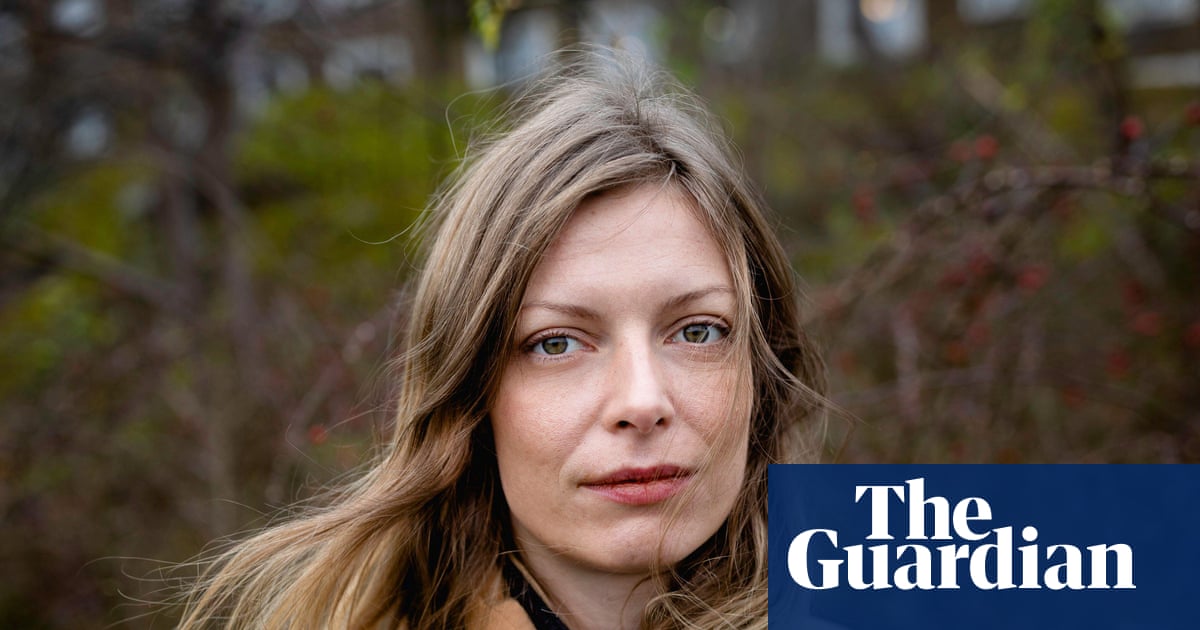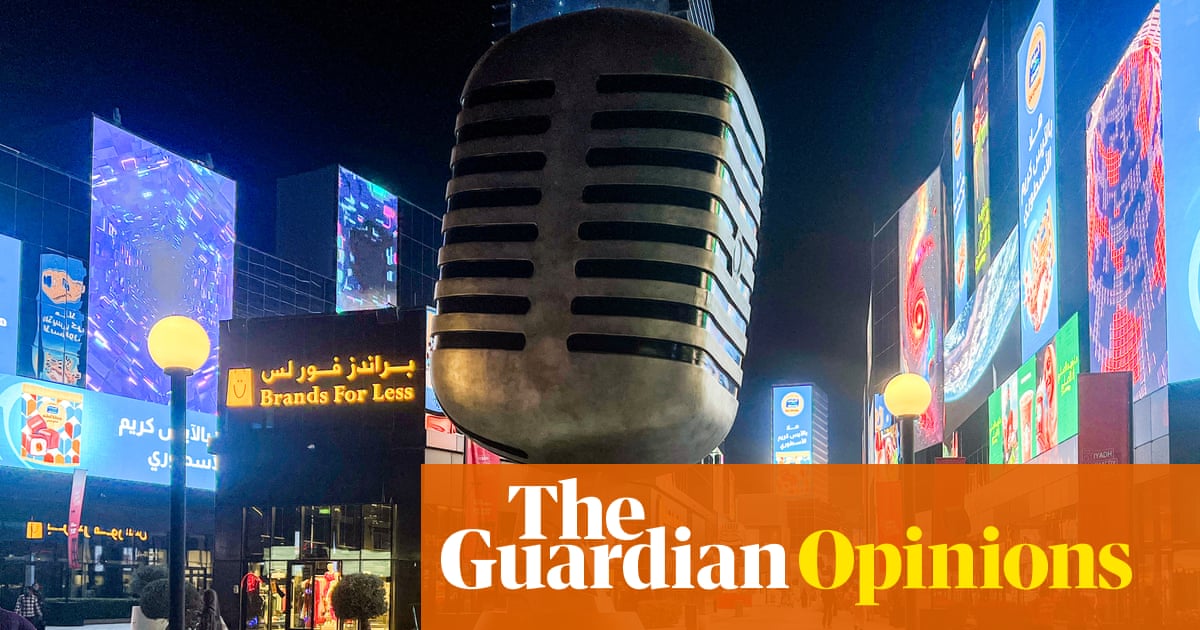After Tim Davie’s resignation, the next director general will face internal strife, external noise and looming talks over the corporation’s existence and purpose
As BBC senior editors arrived at its New Broadcasting House headquarters in central London on Monday, the most pressing question was what had convinced Tim Davie, the corporation’s director general, to quit suddenly. Like any good BBC drama, it was a plot twist no one had seen coming.
As they assessed the brutal pressures that had finally proved too much for Davie, a second question soon arose. Was running the BBC now simply an impossible job?
“That’s the conversation going round this newsroom,” said a BBC insider. “That’s one of the sad things; the relentless nature of these roles. They are big jobs but … god.”
Davie had been through a series of rows since the start of the year, from the social media posts of its former star sports presenter Gary Lineker to several issues relating to Israel and Gaza coverage. As recently as last week, however, he had seemed to be thinking about the future as he engaged in a staff debate about the impact of AI.
Yet, to the BBC lieutenants whose ranks would once have produced Davie’s successor, this latest crisis has exposed gaping issues that now make the job so perilous.
The Guardian has talked to sources across the BBC about the events that have unfolded since allegations of systemic liberal bias were made in a memo by a former external adviser, leaked to the Daily Telegraph and dissected over several days.
Opinions differ about the severity of the issues laid out by Michael Prescott, a PR executive who was once the political editor of Rupert Murdoch’s Sunday Times.
Most point to the editing of a Trump speech, in which the corporation’s Panorama programme spliced together two parts of the president’s address on the day of the Capitol riots, as the most serious error. The BBC has apologised personally to the president, who has threatened to sue.
The crisis has also brought to the fore long-running concerns about internal political pressure. In a demonstration of the dysfunction, some in the corporation regard Prescott’s memo as the culmination of a “coup” by rightwing forces attempting to bend the corporation’s coverage.
The concerns have concentrated on the role of Robbie Gibb, the self-styled “proper Thatcherite Conservative” who served as communications chief to Theresa May when she was prime minister. He was placed on the BBC board by Boris Johnson and given a new term by the last Conservative government.
Some point to an alignment between the gripes of Gibb and Prescott. It had been reported that the pair were friends, but the Guardian has since established that Gibb was on a panel that handed him the advisory role. Prescott has said his concerns “do not come with any political agenda”.
A gathering of the BBC board on 6 November to discuss how to react to Prescott’s claims became a microcosm of the increasingly fraught internal tensions. It featured a news team at odds with board members, board members at odds with each other and a weakened chair, Samir Shah, seemingly unable to find a resolution for days on end.
It ended in the departure of Davie and Deborah Turness, the head of BBC News. For the former, it was one crisis too far, while Turness concluded that her job, too, had become impossible.
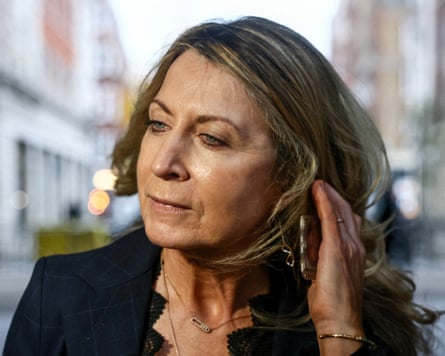
While sources said Gibb was at one end of a spectrum criticising BBC bias, there was a wider group on the board that day concerned about how far BBC News was prepared to go in its contrition about Panorama’s edit of Trump’s speech.
Many insiders saw it as the culmination of a steady stream of bias allegations lodged by Gibb, backed by a cadre of board members. Gibb’s concerns were seemingly shared by Michael Plaut, a relatively recent addition to the board appointed by the Conservative government before the last election. Plaut is not a member of any political party.
Shah has described any notion of a rightwing operation to attack the BBC from within as fanciful. He has also said it was right to have a diversity of views. BBC figures point out that Gibb was just one voice of more than a dozen board members, and was one of four who picked Prescott.
After the resignations, however, some in the BBC discovered Gibb had additional power thanks to his role on the obscure-sounding editorial guidelines and standards committee (EGSC).
As a member of that committee, Gibb had the right to order ad hoc research from its senior policy adviser, the longtime BBC journalist and Gibb’s former BBC Newsnight colleague David Grossman. It was Grossman’s memory for a story that led him to spot that Panorama had spliced together the Trump speech. He had previously covered the White House as a reporter.
As Gibb was one of five EGSC members – the others including the preoccupied Davie, Shah and Turness – insiders said this gave him significant scope to set in train a flow of evidence of liberal biases.
This is disputed. It is understood that, generally, Grossman’s main research topics were decided by the whole committee, and editorial leaders were aware of research commissioned by Gibb, which was then discussed by all on the committee.
One said Gibb took exception to a story about rail strikes that was dominated by comments about the inconvenience to travellers, with no reference to the arguments of the striking workers. But Gibb has said publicly that his biggest concerns at the BBC were around liberal bias.
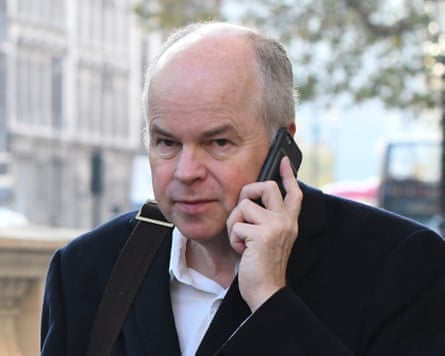
Defenders of Gibb say he wants to protect the BBC. In fact, he did not want Davie to resign and has backed the licence fee, the compulsory charge that funds the corporation.
Roger Mosey, a former head of BBC TV news, said: “You need people from a wide range of political views. I’d much rather they had not been a former press spokesman for Theresa May, because that feels more official. The BBC is in a sort of centre-left liberal position, if it’s not careful.”
However, critics who believe there has been a push from the right said Prescott’s memo did not touch on claims of bias from other political directions, such as the treatment of Palestinian voices, on its Gaza reporting generally or its reporting on trans rights issues.
“The concerns about partiality always seem to be the same ones,” said Lewis Goodall, a podcaster and former BBC reporter who has previously clashed with Gibb and Grossman. “I would have a lot more time for Prescott or Gibb if they were [trying] to form a genuine list of eclectic impartiality breaches which ran across the spectrum.
“It presupposes that partiality breaches only go in one direction. For these people, they do, because the truth is they are as partial as those that they seek to correct.”
Some potential successors to Davie are said to have been put off by Gibb’s presence. BBC staff, unions and politicians are now demanding his removal from the board to make life easier for the next director general. The workings of the EGSC are also being reviewed.
On top of the internal strife and external noise, the incoming director general will have to deal with seismic talks with the government about the renewal of the BBC’s charter – essentially a discussion about its existence, funding and purpose.
The incoming director general will have those discussions against the backdrop of the rise of Nigel Farage’s Reform UK, which has said it wants to abolish the licence fee.
Pat Younge, a former BBC chief creative officer, is among a group of figures who believe the Labour government must act now to place a ring of steel around the BBC’s independence.
“The BBC needs a forever charter, which will give it a degree of insulation from the day-to-day back and forth of politics,” he said. “Appointments to the BBC board need to be made by a fully independent public appointments process.”
So who will do Davie’s job? It’s remit has become so large that many are pushing for the creation of a deputy position occupied by an established journalist.
Many agree it is time for the first female director general, but one obvious candidate – Turness – is now ruled out. Charlotte Moore, the recently departed chief content officer, was often seen as a successor but has no background in news. Some regard Kevin Bakhurst, the director general of RTÉ, who has helped the Irish broadcaster navigate difficult times, to be a safe pair of hands.
There was a prophetic moment at a recent staff meeting in Cardiff when Davie was asked whether, like the BBC’s Doctor Who, the director general would be regenerating soon. While he said he loved the role, he conceded it was “not a job for the faint-hearted”.
Seeing how events of the last week derailed their boss, many of those in his shadow hope they don’t find themselves emerging from the Tardis.

 2 months ago
73
2 months ago
73


